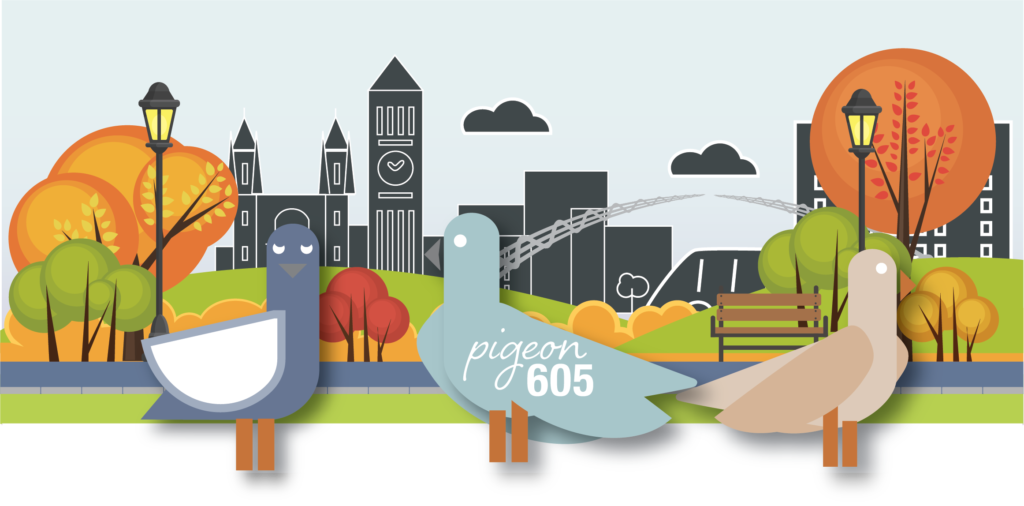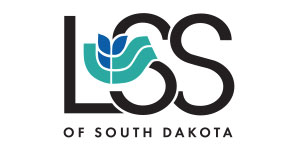Could mobile sports betting come to South Dakota? There’s a push for it
March is betting month.
The three weeks of the NCAA basketball tournament is the single largest wagering event in the United States.
Bigger than the Super Bowl.
The proliferation of online options – including mobile – and relaxing of sports wagering laws across the country have made it easier than ever to bet on your favorite team, or any team, or every team if that’s what you’re looking for.
The amount wagered on the NCAA tournament is expected to hit $10 billion this year, according to an analysis by WalletHub.
This ain’t your brother-in-law’s office pool.
In South Dakota, state voters in 2020 approved sports betting in Deadwood by a wide margin.
So it’s legal for South Dakotans to place sports bets on their phone with the Deadwood casinos.

Right?
Not right.
State government has the final say on the rules for how a voter-approved law is applied. And the executive branch interpreted the 2020 vote to allow only in-person betting in Deadwood.
So there’s no option for most South Dakotans – short of driving to Deadwood – to engage in sports betting.
Right?
Not right.
Grand Falls Casino & Golf Resort is just 6 miles from the Mary Jo Wegner Arboretum in eastern Sioux Falls. The Iowa border notwithstanding, there is a sports book in Sioux Falls.

So someone living in Sioux Falls can place a bet on their phone via Grand Falls. Right?
Well, kind of.
Just drive east on the Arrowhead Parkway a few miles until your phone thinks you’re in Iowa, just past Rowena a bit, and bet all you want.
So those are your options. Right?
Well, only if you want to be technically legal.

There’s nothing really stopping someone sitting in their basement in Sioux Falls to place bets with any number of online wagering options, including those not in the United States.
Or if you like tradition – you know, the classics – stop by a local watering hole, talk to the right people and find a neighborhood bookie.
It’s a lot to take in.
And really, what difference does it make? People have always bet on sports. They are always going to bet on sports. Why does it matter if South Dakota allows mobile sports betting or not?
We’ll always have video lottery. Right?
Sure.
Unless you think that the state of South Dakota should get a cut. You know – the vig, the juice.
So how much of this “vig” are we talking about?
It’s difficult to know exactly, but supporters of mobile sports betting in South Dakota – we’ll come back to them in a minute – have done estimates based on population ratios with states that do allow it.
For instance, Wyoming approved it about a year ago. We have 300,000 more people than Wyoming, but based on that ratio, South Dakotan would wager about $17.5 million a month. From that, the state would get about $95,000 a month – $1.1 million a year – assuming the accepted 9 percent gaming tax common in other states.
Iowa has more than 3 million people and a casino at nearly every border crossing. (It’s not just us, they do this everywhere.) Using the same comparisons, South Dakotans would bet about $77 million a month from which the state would collect a $5 million annual vig.
That’s a pretty wide range, but somewhere between $1 million and $5 million a year, for now.
Why give that away?
That’s the argument that Garrett Gross makes.
His company, BetKota, has the license to operate the sports book at the Midnight Star Casino in Deadwood. And he’s thrilled to have that relationship.

At the same time, he believes South Dakota is letting money leave the state that it could be collecting. Of course, his company would be making the money, but still.
“BetKota has everything needed to be successful and provide the best possible experience for our customers when they come to Deadwood,” Gross said.
“However, we’d like an environment to conduct business in a manner that enables us to be competitive with neighboring states of Iowa and Wyoming and the unlicensed and illegal sportsbooks operating in the state. The current laws in place allow for only about 1 percent of the actual sports betting market to be captured in the state. A licensed, regulated and taxed system is better for everybody involved versus the current turn-a-blind-eye approach to what is really happening.”
To that end, Gross and his partner, Basil Hofer, pressed the Legislature this year to pass a resolution in support of putting the question back in front of voters, to specifically allow mobile betting.
The proposal passed by one vote in the full Senate before dying 10-3 in the House State Affairs Committee.
That’s not the end of the question, however.
Supporters of mobile sports betting said they are planning to gather the necessary signatures to put the issue before voters on the ballot in November 2024. They have some juice of their own. The Sports Betting Alliance is organizing the push, Gross said.
The Sports Betting Alliance is a federation of online sports betting heavyweights such as FanDuel, Bet MGM and DraftKings.
That organization is supporting expansion of sports betting across the country, with efforts underway in Minnesota, California and Texas. Sports betting has been approved in some form in 26 states and the District of Columbia since the U.S. Supreme Court gave states that authority in 2018.
What will South Dakota voters say?

History would suggest that South Dakotans are not opposed to legalized gambling. Over the past decades, they have approved Las Vegas-style gambling in the historic Black Hills town of Deadwood, which also allowed tribal gaming across the state under federal regulations.
They’ve also, a couple of times, endorsed video lottery in every bar, beer joint, corner gas station and restaurant in the state.
They approved sports betting 58 percent to 42 percent. In the four counties of the Sioux Falls metro, where a full one-third of the state’s population lives, the numbers were even higher in favor – why drive to Iowa when you don’t have to?
Most voters probably thought they were already approving it in 2020, said Rep. Will Mortenson, a Pierre Republican, and supporter of allowing mobile sports betting.
“If we’re going to have sports betting, let’s have sports betting,” Mortenson said.
The opposition in the Legislature is that it’s gambling, any type of gambling, he said. There’s an old-school conservative resistance to any expansion.
It’s a fine line that regular people think was already decided, he said. Constituents have asked him, since it was already approved, why can’t people bet on their phones? Plus, there’s a wide array of gambling options out there.
“We’ve got our heads buried in the sand if we don’t think there’s a black market for sports gambling,” he said.
Rep. Greg Jamison, a Sioux Falls Republican and former city councilor, agrees that if mobile sports gambling is on the ballot, people will vote for it.
The Legislature is simply out of step with public sentiment, he contends.
“We are just that kind of state,” he said. “We would rather pretend it’s not really there, look the other way, or condemn those who are doing it, rather than just taking it on. Mobile sports betting seems like a logical next step. I think the public will embrace it.”

Several members of the House State Affairs Committee who voted against the resolution did not return messages seeking comment.
The one who did was Rep. David Anderson, a Republican from Hudson.
Anderson said he opposed it because he is tired of television announcers and analysts discussing odds and betting during broadcasts.
“The thing that irritates me is that every time I watch a sporting event on TV, whether it’s golf or anything else, the announcers are giving the odds on this and the odds on that,” he said. “That’s not why I watch sports, to figure out how I can gamble.”
He occasionally plays blackjack for fun when the opportunity presents itself. His opposition to expanding mobile betting is not moral or social, though he respects those who take that position.
“I farm. I gamble all the time,” he said. “It’s crazy how much I gamble.”
Gross, the co-owner of BetKota, doesn’t deny that there are social ills associated with gambling in general. About 2 percent of the population has a gambling problem.
But it’s safer for everybody if the activity is regulated and controlled by the state, where there are safeguards in place, he said. You must be an adult. You can’t gamble on credit. You can’t gamble if you’ve sought treatment.
And if you win, you know you’ll get paid, he said.
“It’s better for the state. It’s better for the industry. It’s better for the consumer.”
Share This Story
Most Recent
Videos
Want to stay connected to where you live with more stories like this?
Adopt a free virtual “pigeon” to deliver news that will matter to you.





























